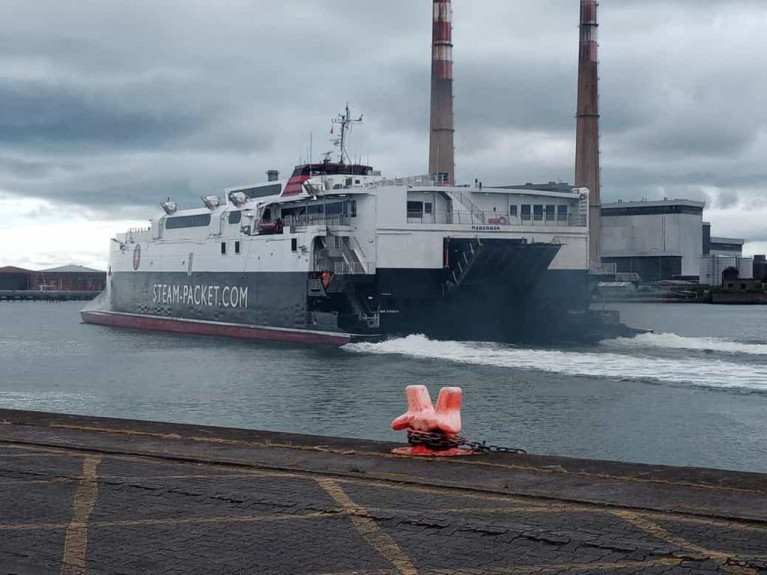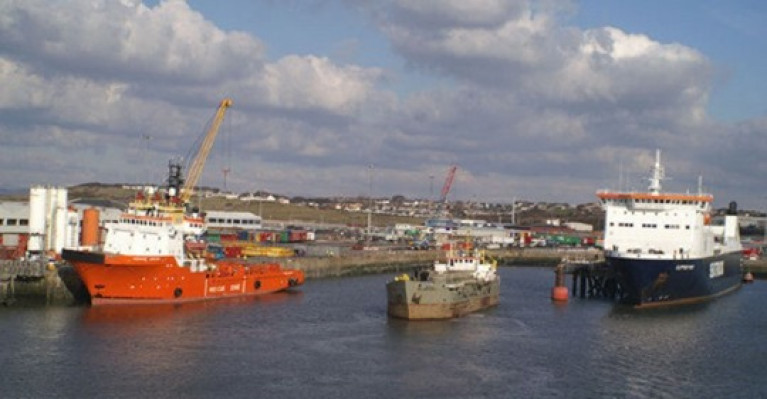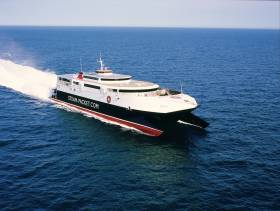Displaying items by tag: Manx Minister
Travelling costs to the Isle of Man is a "real barrier" to plans to grow annual visitor numbers to 500,000, an MHK has said.
A new Visit Isle of Man strategy aims to see the sector contribute £520m to the economy annually by 2032.
But Michelle Haywood MHK said ways to tackle the issue of travel prices were "missing" from the document.
Enterprise Minister Alex Allinson said an increase in visitors would bring the cost of travel down in the long term.
In the strategy, the government agency acknowledged the cost of travel was a challenge to achieving the target, but outlined plans to develop package holidays.
The document also said increased capacity on the new Isle of Man Steam Packet Company ferry (Manxman) which is due to come into operation 2023. In addition the opening of the new Liverpool ferry terminal would improve the island's travel links.
The BBC News has more including cost of air travel.
Last month, Afloat reported on the Steam-Packet resumption of seasonal routes, among them out of Belfast and Dublin.
Terminal Refurbishment at Heysham Port to Follow Liverpool Work
The Manx Minister for Infrastructure said it was 'exciting times' for the Isle of Man Steam Packet.
In addition to the new ferry landing stage being built in Liverpool for the Steam Packet, Heysham is also due a refurbishment over the next two or three years.
The Minister Ray Harmer had been speaking on Manx Radio, following Friday's ground-breaking ceremony for the new facility on Merseyside.
That's due to be completed by summer next year, at a cost of £38 million.
Mr Harmer says the work at Heysham is in the pipeline. To listen to the Minister click here for a link to a podcast.
Manx Minister Wants More Tourists to Fill Sailings
#ferries - Manx minister for Enterprise wants to see fewer sailings operating at low capacity.
According to Manx Radio, the 2018 Isle of Man Passenger Survey results show the number of people travelling by sea dropped by 6% last year.
Tynwald (the island's Parliament) recently approved a plan for the future of the Isle of Man Steam Packet Company, after the government purchased the ferry operator last year.
Laurence Skelly is keen to attract more tourists to fill the empty seats.
To listen and watch the Minister speak on the radio station click the link here.































































